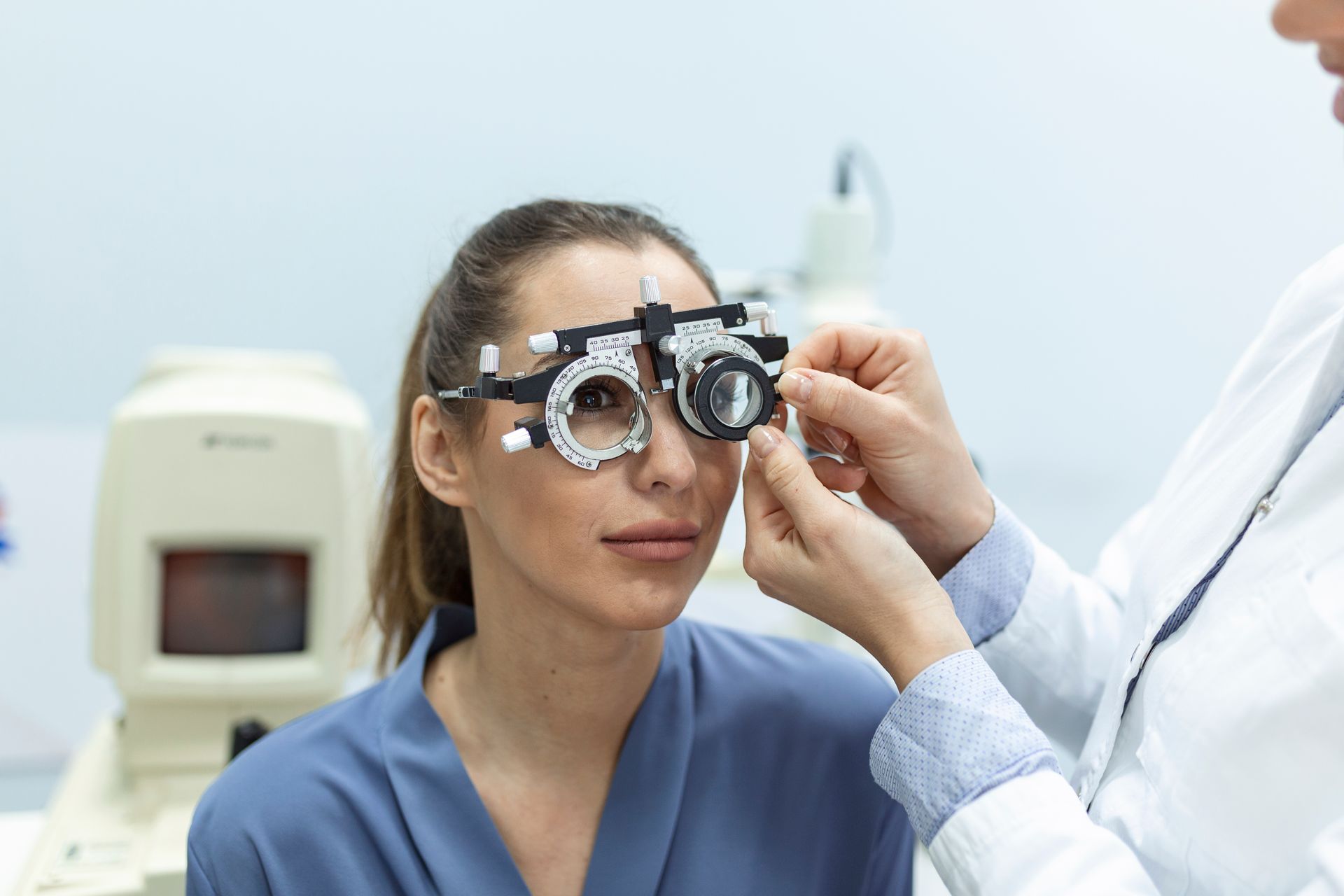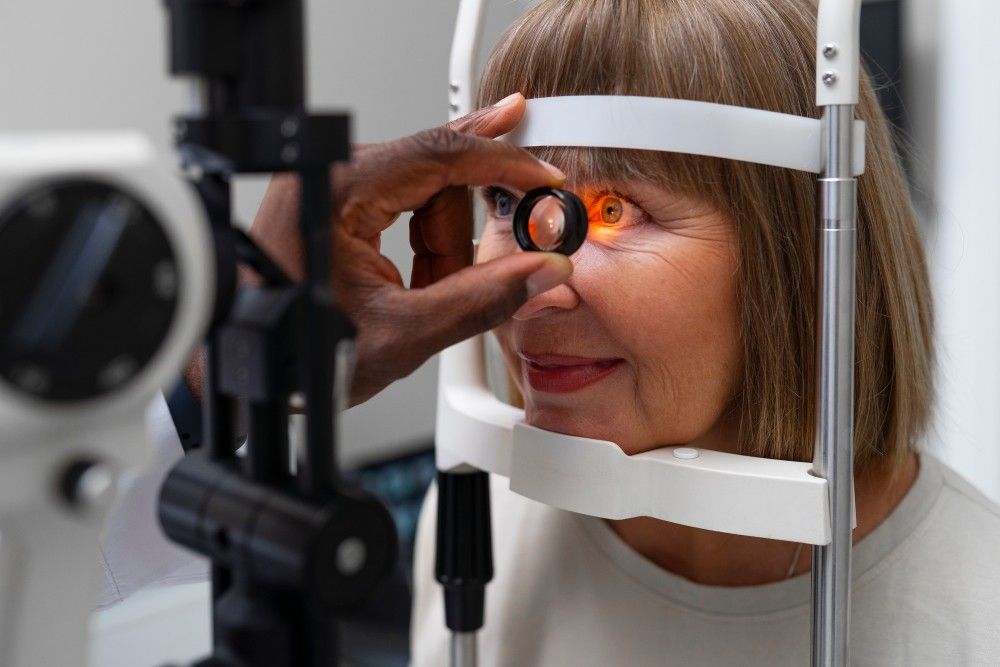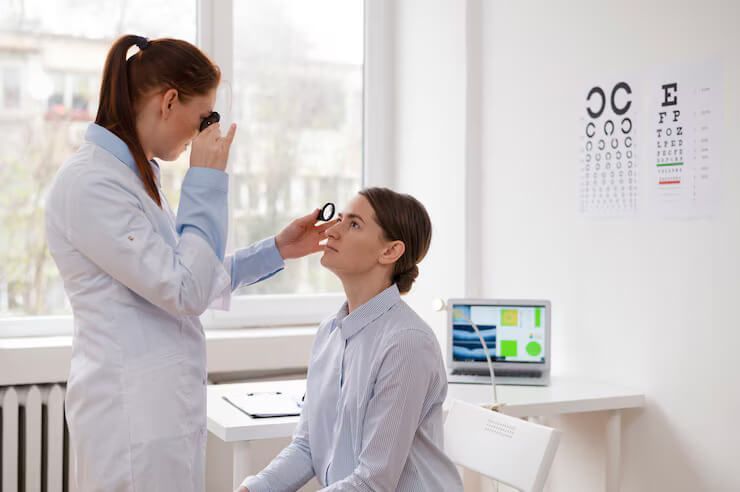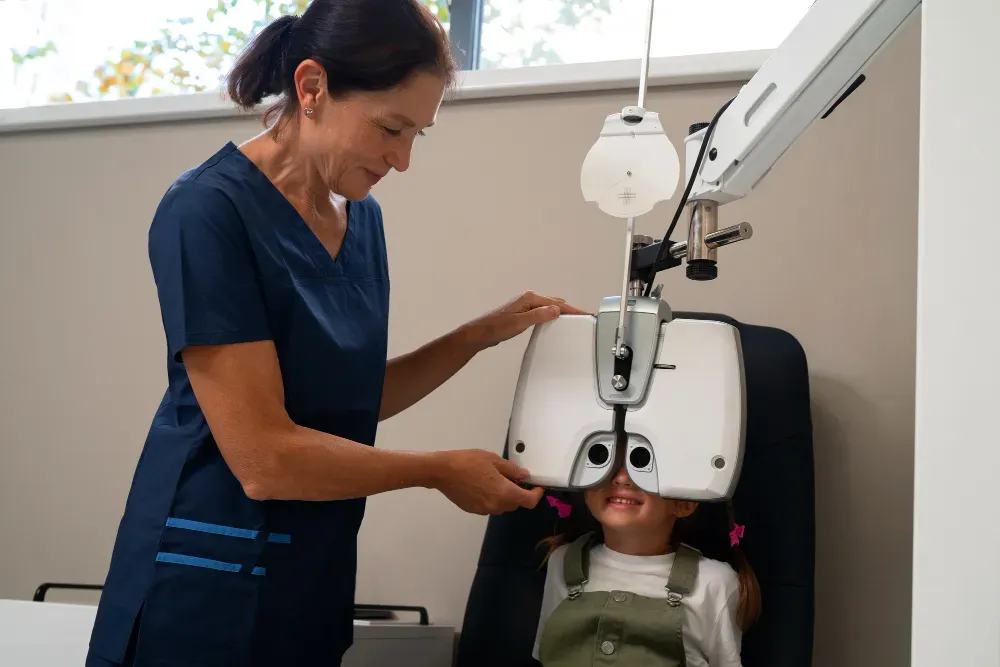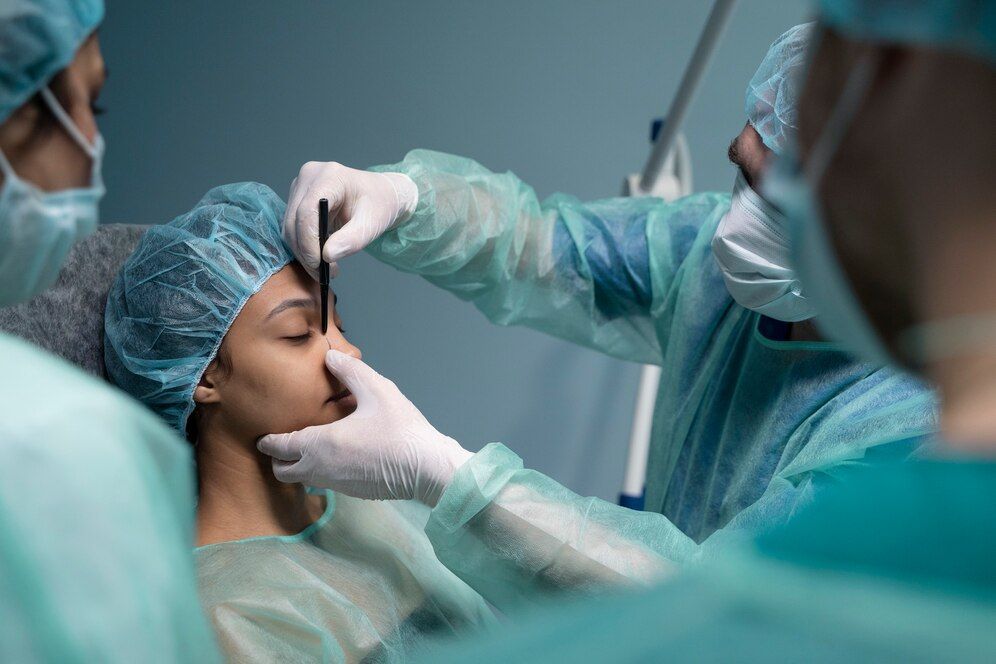How Painful is Cataract Surgery
Cataract surgery is a highly successful and minimally invasive procedure that restores vision by replacing a cloudy lens with a clear artificial one. Although the idea of surgery on your eye might sound intimidating, the procedure is virtually painless for most patients. Here’s a detailed look at each stage of cataract surgery to explain why discomfort is minimal and manageable.
Before Surgery: How Pain is Prevented
Your comfort is a priority during cataract surgery. Before the procedure begins, the medical team administers a local anesthetic, typically in the form of numbing eye drops or, in some cases, a small injection around the eye. These methods effectively block any sensation in the eye area.
For patients who feel nervous about the surgery, a mild sedative may be offered to help them relax. With these measures in place, you are likely to feel calm and comfortable even as you remain awake throughout the procedure.
Patients often report that the only sensations they experience during preparation are the cooling effect of the numbing drops or slight pressure from the injection—both of which are brief and not painful.
During the Surgery: A Comfortable Procedure
Cataract surgery itself is quick, typically lasting 15-30 minutes per eye, and performed on an outpatient basis. Throughout the procedure, you won’t feel pain thanks to the anesthesia. You might notice bright lights or blurred colors as the surgeon works, but this is completely normal and not uncomfortable.
The most common technique, phacoemulsification, involves using ultrasound waves to break up the cataract before the cloudy lens is removed and replaced with an artificial intraocular lens (IOL). This advanced method minimizes tissue disruption, further reducing the potential for pain.
While some patients feel mild pressure during certain stages of the surgery, they overwhelmingly describe it as painless.
After Surgery: Recovery and Discomfort
Once the anesthesia wears off, you might experience mild sensations such as:
- A feeling of dryness or grittiness, akin to having a speck of sand in your eye
- Light sensitivity
- Slight redness or swelling
These sensations are a natural part of the healing process and typically subside within a day or two. Over-the-counter pain relievers, such as acetaminophen, and prescribed anti-inflammatory eye drops are usually sufficient to manage any discomfort.
For most patients, recovery is smooth, with noticeable improvement in vision within 24-48 hours.
What If There’s Pain?
Severe pain after cataract surgery is uncommon but could indicate complications, such as infection, corneal swelling, or increased intraocular pressure. Symptoms like intense pain, significant vision changes, or worsening redness should be reported to your ophthalmologist immediately.
Tips for a Comfortable Experience
- Follow Pre-Operative Instructions: Your doctor will provide specific guidelines to prepare for surgery, such as avoiding makeup or certain medications.
- Use Prescribed Medications: Eye drops for infection prevention and inflammation control are crucial.
- Protect Your Eyes: Wear sunglasses outdoors and avoid rubbing your eyes during recovery.
- Take It Easy: Limit strenuous activities like heavy lifting or bending over for a week or two.
Why Patients Choose Cataract Surgery
Cataract surgery is not only effective in restoring vision but also one of the least invasive and most comfortable surgical procedures available. It’s a transformative step toward improved quality of life, allowing you to see the world clearly again.
While it’s normal to feel anxious about undergoing eye surgery, most patients are pleasantly surprised by how painless and straightforward cataract surgery is. Advanced surgical techniques and effective anesthesia ensure minimal discomfort during and after the procedure.
If you’re considering cataract surgery, consult with an experienced ophthalmologist to address any concerns and learn how they will prioritize your comfort. With proper care and guidance, you’ll find that the journey to better vision is smoother—and less painful—than you might expect.
